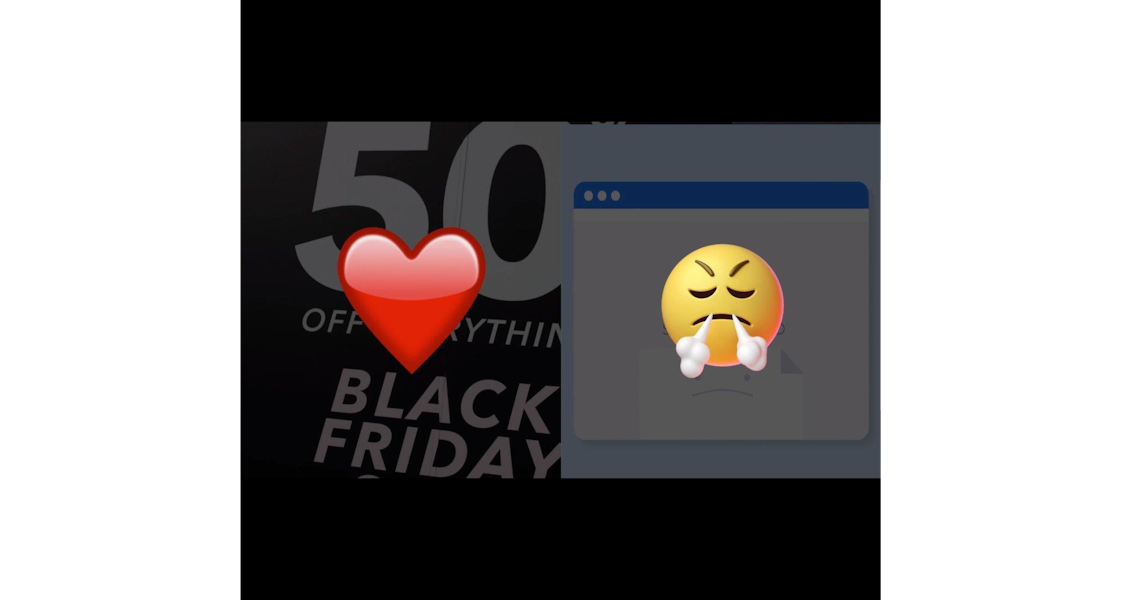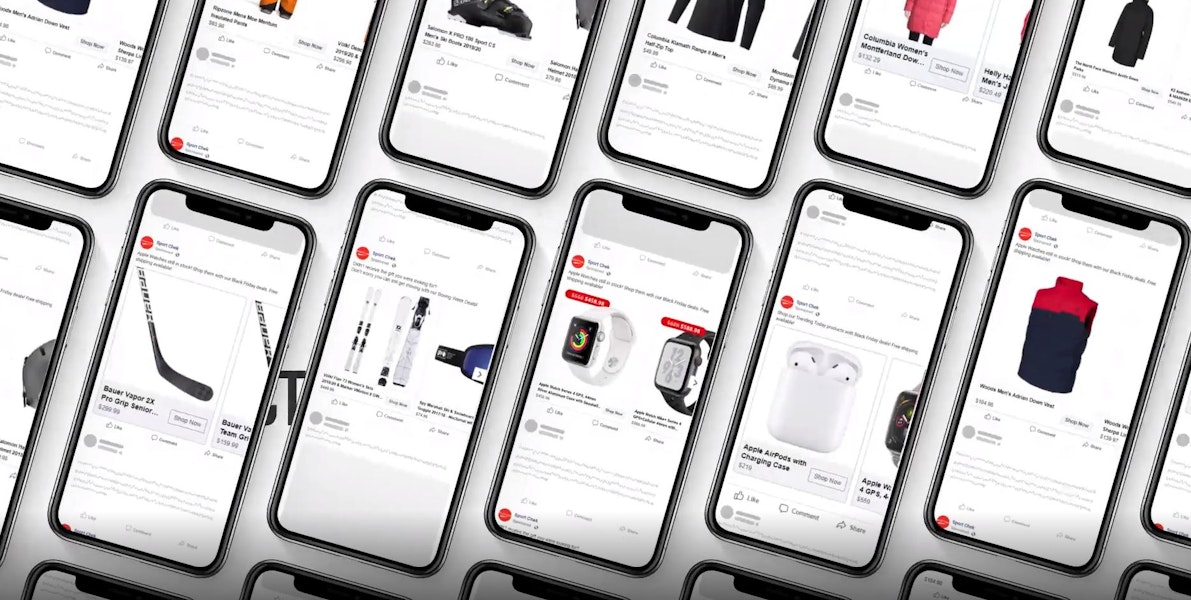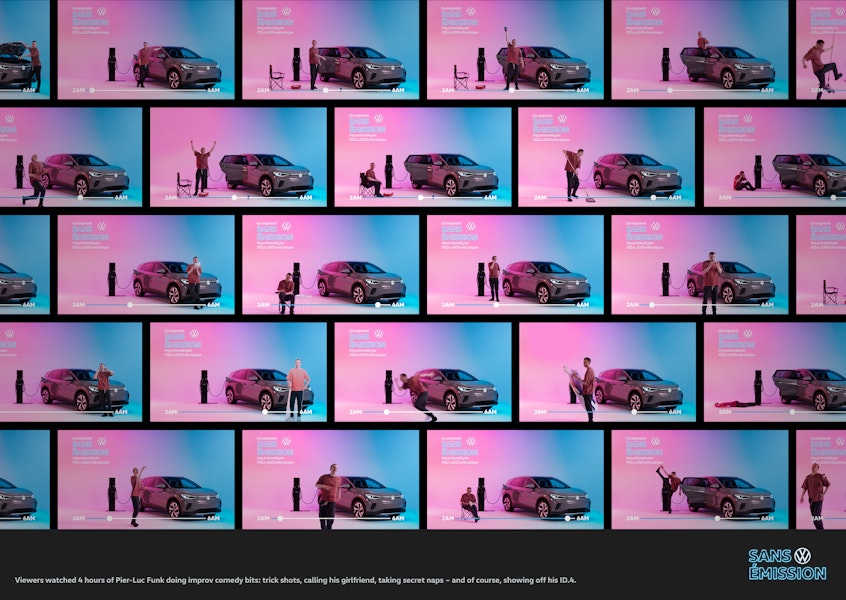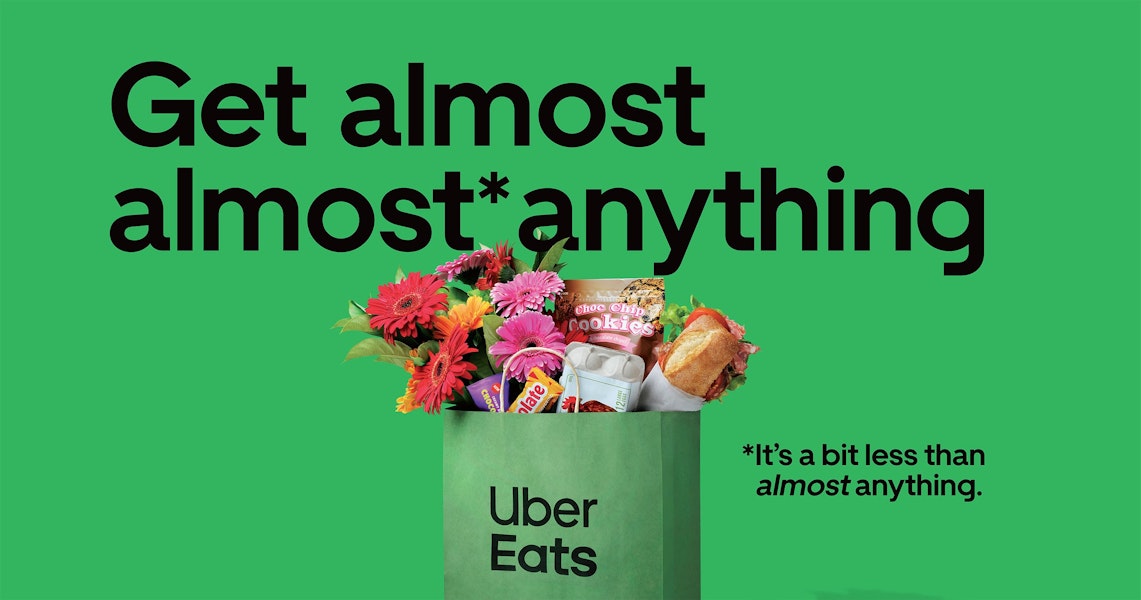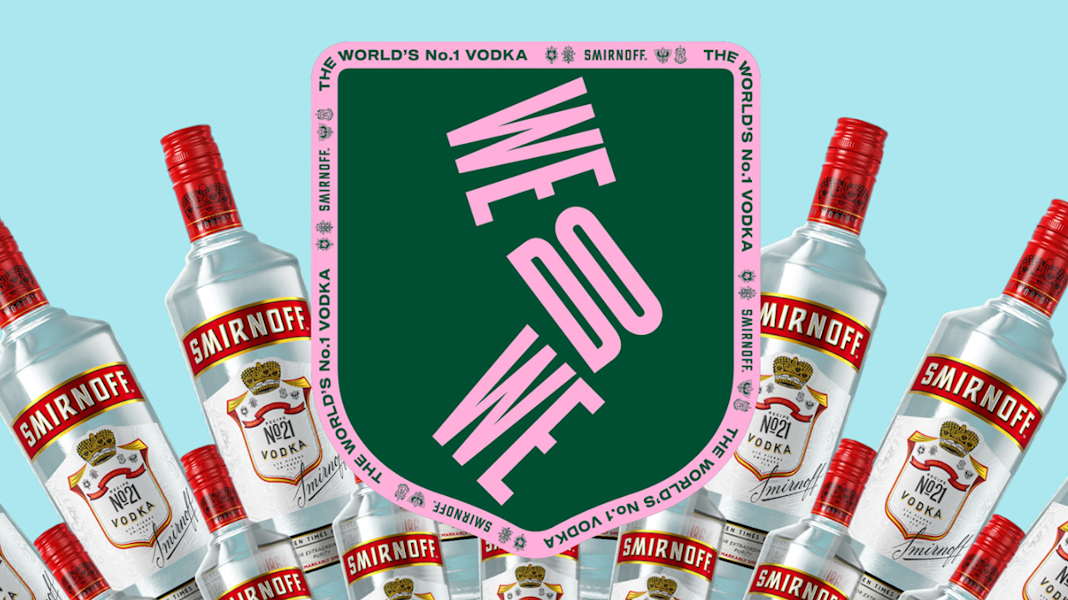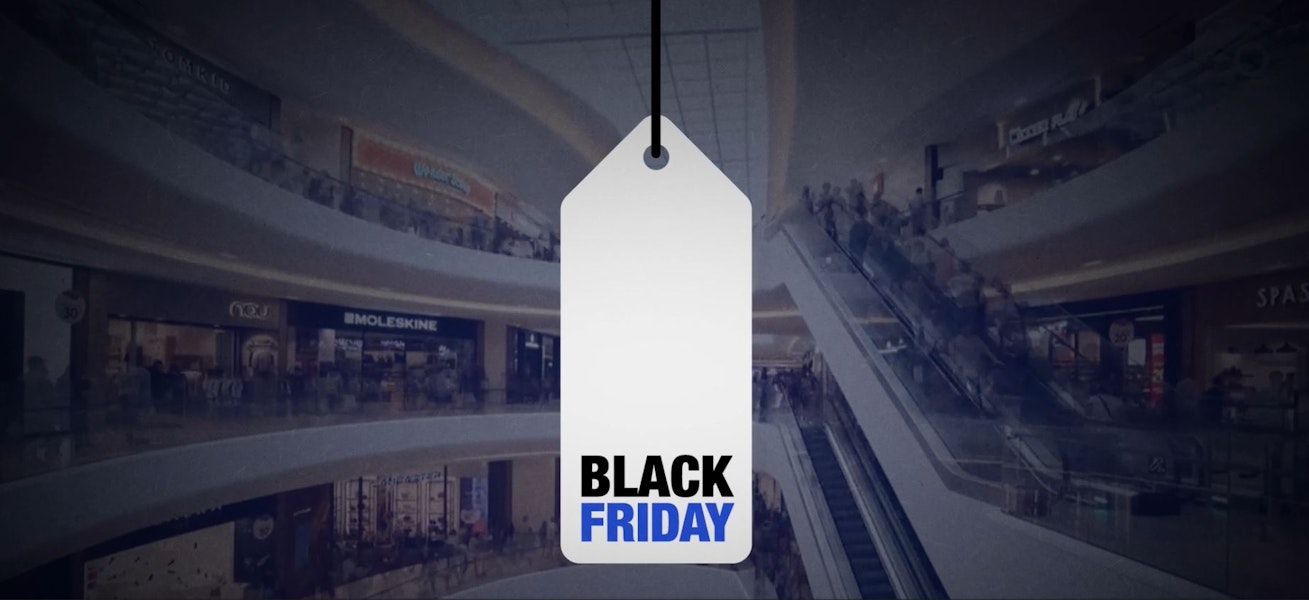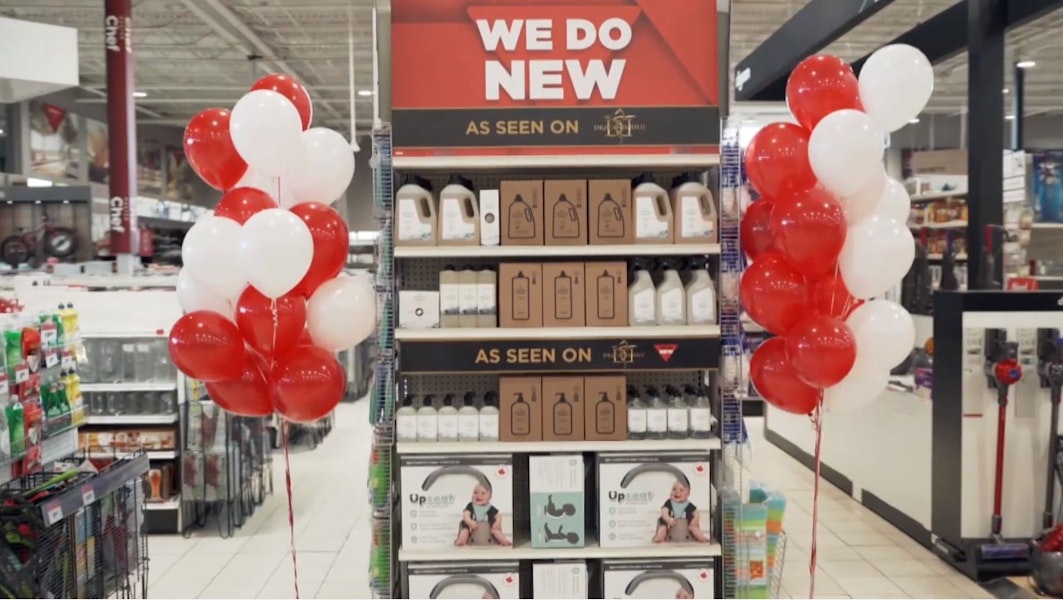Fueled by data.
Driven by creativity.
Redefining
creativity




What’s new at Touché!
Latest newsm-et0mkAvSSqmQ8l3SCvVi1A

We are proud to feature Jean Paul Langlois, a Métis artist from Vancouver Island and currently based in East Vancouver, as the creator of our badge in observance of the National Day for Truth & Reconciliation.
About the Artist
Jean’s work draws inspiration from television and cinema — particularly Westerns, 70s science fiction, and Saturday morning cartoons. Using ultra-saturated colors, references to art history, and familiar cinematic tropes, he explores the sense of alienation he feels from his own cultural backgrounds, both Indigenous and settler.
His art is a personal examination of his life, reinterpreting family stories through the lens of the pop culture that shaped him. The result is a distinctive and recognizable style: familiar figures inhabiting vibrant worlds of bright colors and flattened space.
Return of the Buffalo to Cypress Hills
The badge, Return of the Buffalo to Cypress Hills, was created using digital drawing and carries deep significance. Jean chose the buffalo as a symbol of truth and reconciliation. Its destruction was used as a tool in the displacement and genocide of Indigenous peoples across Turtle Island. Today, the return of the herds symbolizes resilience, healing, and renewal.
Visiting the Cypress Hills, where his great-great-great-grandfather Jean Baptiste Gariepy once hunted buffalo, became a moving pilgrimage — a way for Jean to reconnect with his family’s story and the larger history of his people.
Cultural Influences and Symbolism
Jean recently participated in a Métis residency at the Banff Centre alongside 18 other Métis artists. Many focused on traditional practices such as beadwork and weaving, inspiring Jean to integrate these patterns into his own work. You can see these details in the buffalo’s eye and the texture of its fur.
The landscape in the badge also carries meaning. It reflects the Métis sash, a fingerwoven, colorful belt from the fur trade era. The colors are drawn from the Cypress Hills, uniting history, culture, and the natural world in a single image.
Reflection and Significance
Return of the Buffalo to Cypress Hills invited our employees to consider colonization and its impacts from a different perspective. Beyond Jean’s personal journey, the work points to a larger story of truth and reconciliation. The near-extinction of the buffalo reminds us of deliberate attempts to sever Indigenous connections to land and culture, while residential schools sought to erase identity and language. Both are painful chapters — yet they also highlight the resilience and survival of Indigenous peoples.
Observing September 30
On September 30, we wear orange to honor the children who never came home, the Survivors, and their families. Sharing stories like Jean’s reminds us of the importance of restoring what was taken and walking together toward healing.
Just as the buffalo has returned to the prairies, reconciliation is about renewal, hope, and the strength to build a better future.
m-e3QpAGGaTj-KeNVPwUsB7A

Summer is made for fun… but at OMG, it also rhymes with transformation. In an industry that’s evolving rapidly, we believe those with a clear vision of the future—and a strategy to get there—will be best positioned to create lasting value. With that in mind, we recently paused our day-to-day activities to reflect collectively on the future of our agency. It was a powerful moment, designed not only to fuel our creativity but also to strengthen our role as strategic partners to our clients. This initiative gave every team at OMG Montreal a chance to recharge with ideas, inspiration, and fresh perspectives. Here’s a look back at a day full of learning, sharing, and insight.


Three Levers to Build the Future
Throughout the day, our conversations centered around three key focus areas:
Systematic integration of artificial intelligence, to become stronger growth drivers for our clients.
Automation, to reduce repetitive tasks and maximize time spent on high-value thinking.
Optimization of our workflow through Omni, our marketing orchestration tool, to bring even more intelligence to campaign planning.
These reflections will help us keep our clients’ needs at the core of everything we do and stay at the forefront of marketing innovation.
AI: A Daily Ally
Technology has always played a central role in media, and the arrival of AI adds a powerful new lever to the marketer’s toolkit. At OMG, we leverage our proprietary agent, Omni Assist—a secure, confidential environment for client data.
During the training, we explored the various AI models integrated into Omni Assist, learned how to use them effectively, and discovered how to craft quality prompts. Real-world examples showed how AI can support strategic planning, data analysis, and the simplification of complex concepts for clients. The result: a collaborative prompt library that our teams can now use in their day-to-day work.
But beyond technology, human intelligence remains essential. That’s why we invest in our talent—because it’s people who give meaning and value to what AI can deliver.
Automating to Maximize Time for Strategic Thinking
We all have routine tasks that are repetitive or low-value. Together, we identified ways to automate those tasks, freeing up more time to focus on activities that bring greater value to our clients—while also improving our quality assurance processes. The workshop also served as a forum to share updates on ongoing projects, including media budget management tools and upcoming integrations across our financial and digital operations systems. All of these initiatives are part of our drive toward greater automation—and greater efficiency.
Smarter Media Planning with Omni
To wrap up the day, we presented a case study showcasing Omni, our marketing orchestration tool. Able to analyze a brief holistically, it uses artificial intelligence to support campaign development.
Omni helps us think beyond the usual paths, with deep insights into brand and consumer context—while working hand in hand with human expertise. Its automated process allows us to carry an idea from brief analysis to campaign activation, encouraging greater collaboration across disciplines.
A concrete example of how AI and automation can support our teams and generate even more value for our clients.
Because transformation doesn’t happen in silos—or in a single day—this experience reinforced our belief: it’s by investing in collective intelligence, proactivity, and collaboration that we’ll stay ahead of the curve. With agility, creativity, and a clear focus on the future.
Want to learn more about our Next-in-Class solutions? Get in touch: info@touchemedia.com
